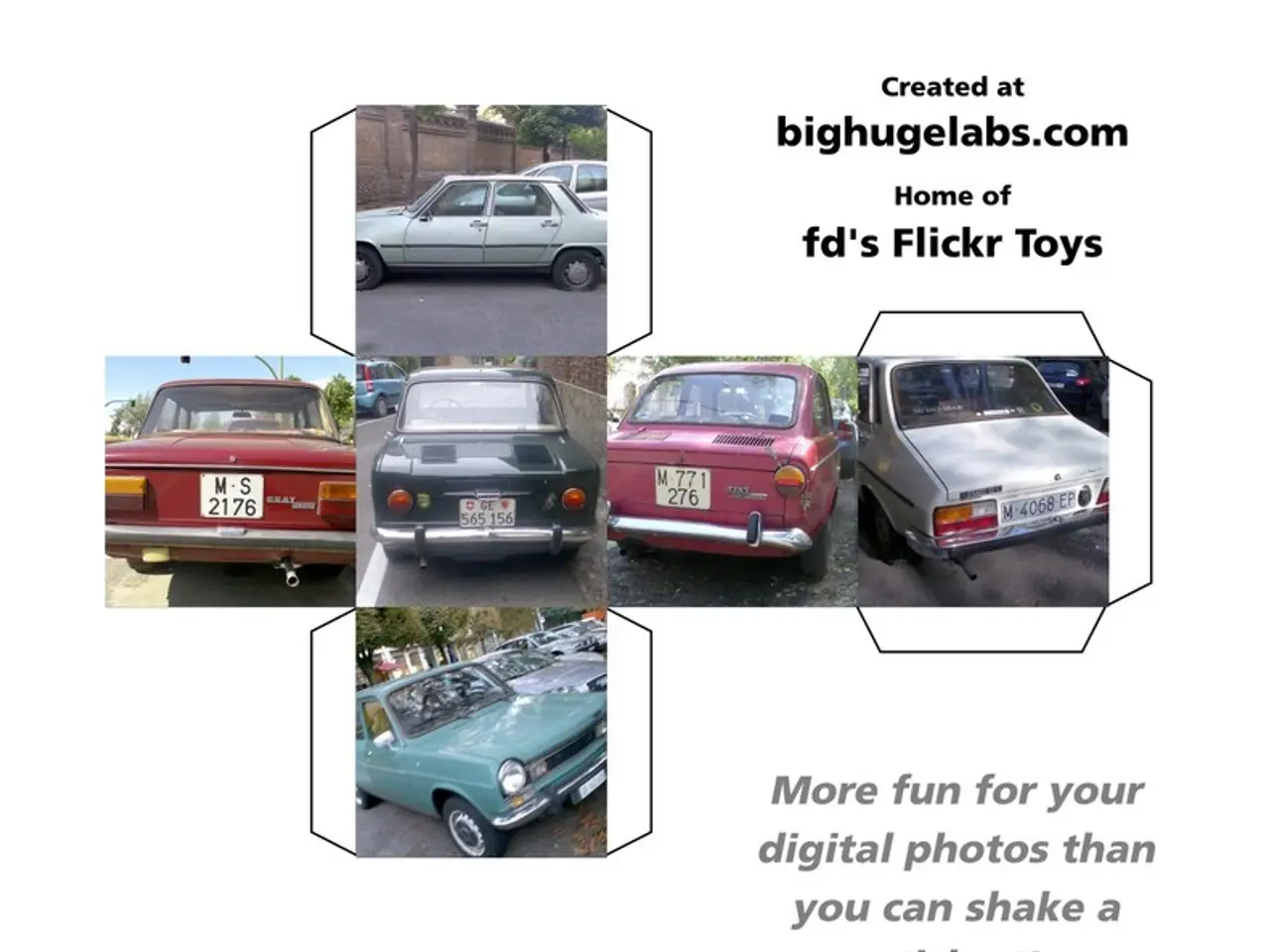Program's Execution Duties Assigned to the Commission in Future Periods.
In the heart of Eastern Germany, the IG Metall automotive conference in Chemnitz is serving as a platform for discussions on securing employment and locations within the automotive industry. The conference, attended by Christiane Benner, First Chairwoman of IG Metall, and other prominent figures such as work council members, scientists, and politicians, is focusing on the current situation of the industry and potential solutions.
Christiane Benner, in her address, emphasised the importance of electromobility as the future of mobility and a key industry in Eastern Germany. She urged politics and industry to take immediate action in the expansion of electromobility, as tens of thousands of jobs at manufacturers and suppliers in the region depend on its development.
Jan Otto, a regional leader of IG Metall, echoed Benner's sentiments, calling for all efforts to prevent a second deindustrialization in Eastern Germany. He demanded clear and binding guarantees from companies regarding locations and employment in the region. Furthermore, he advocated for the swift implementation of promised incentives for electromobility through purchase subsidies.
Otto also emphasised the need to maintain Eastern Germany's achievements in the automotive industry and to prevent a second deindustrialization. The goal, he said, is to maintain employment, secure German and European value creation, and strengthen regions in Eastern Germany.
Benner further advocated for improved framework conditions for the ramp-up of electromobility at both national and European levels. She highlighted that concrete commitments from companies for expanding e-mobility in East Germany include binding job and location guarantees attached to any state financial support, ensuring stable employment and investment in the region.
The opposition politicians, too, have joined the call, demanding that state aid only be given if companies commit to securing jobs and investing in climate-neutral production and local value creation. The focus remains on ensuring a sustainable future for the automotive industry in Eastern Germany, one that secures employment and strengthens the region.
Read also:
- President von der Leyen's address at the Fourth Renewable Hydrogen Summit, delivered remotely
- Unveiling Innovation in Propulsion: A Deep Dive into the Advantages and Obstacles of Magnetic Engines
- Energy-efficient homes have arrived in Cambridgeshire, heralding a new era of sustainable living.
- International finance institutions, EBRD, EIB, and SEB, offer €84.8 million in loans for solar energy projects within Latvia.








